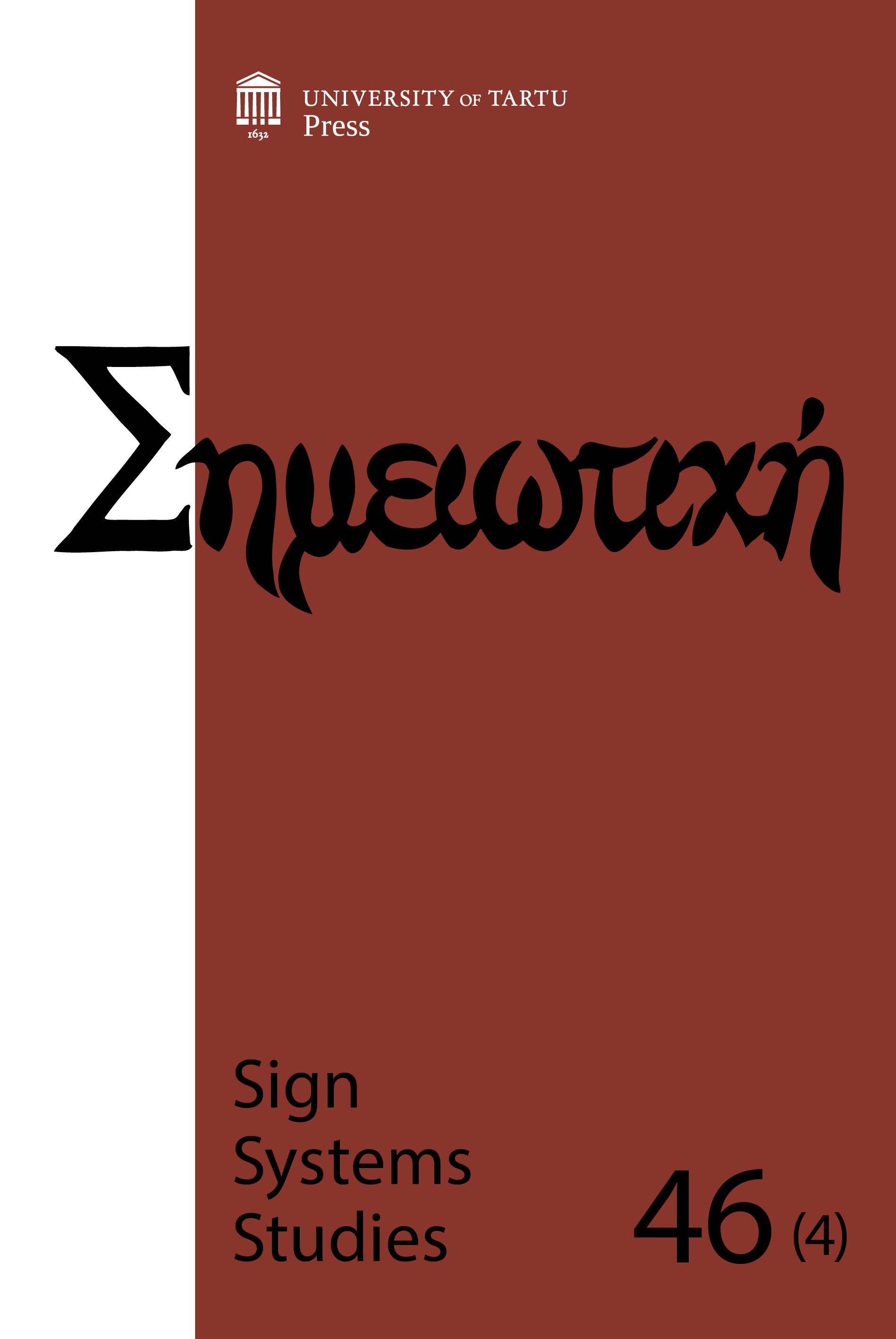Emptiness and desire in the first rule of logic
DOI:
https://doi.org/10.12697/SSS.2018.46.4.04Keywords:
learning, growth of understanding, research, constraints, absentials, pragmaticism, logic as semioticAbstract
Charles Sanders Peirce’s first rule of logic (EP 2.48, 1898) identifies the inception point of human inquiry. Taking a closer look at this principle, we find at its core a necessary relationship between emptiness and desire that underlies all genuine instances of human learning and adaptation. This composite relationship plays a critical role in the function or failure of learning but has received scant attention in the literature. As a result, the complexities of the first rule of logic are not well understood, often being mistakenly conflated with the rule’s famous corollary, ‘do not block the way of inquiry’, or passed over with cursory definitions, including ‘wonder’, ‘doubt’ and ‘the will to learn’. Following a background discussion highlighting the nature of reflexive inquiry and fallibilism that situate human consciousness both within and beyond animal being, I draw on multiple layers of evidence from a range of disciplines to better reveal the complex dynamics intrinsic to the first rule of logic. These layers include a closer reading and exegesis of the original passage and surrounding text; a semiotic reanalysis of this reading in light of recent advances in the semiotic theory of learning; a resituation of these distinctions within broader contemporary discussions of emptiness ontology to which I contribute in part via an original semantic/rhetorical analysis of a linguistic construction in Laozi; the introduction of a closely related pedagogical tool under development in the context of my own university-level teaching in ethnography and research methods; and the dialogic situation of this diagram within discourses of psychotherapy, philosophy and literature. Building on these principles and distinctions, the paper closes with a perspective shift on obstacles and desire in human learning and an expanded reformulation of the first rule of logic.Downloads
Download data is not yet available.
Downloads
Published
2018-12-31
How to Cite
Pelkey, J. (2018). Emptiness and desire in the first rule of logic. Sign Systems Studies, 46(4), 467–490. https://doi.org/10.12697/SSS.2018.46.4.04
Issue
Section
Articles


